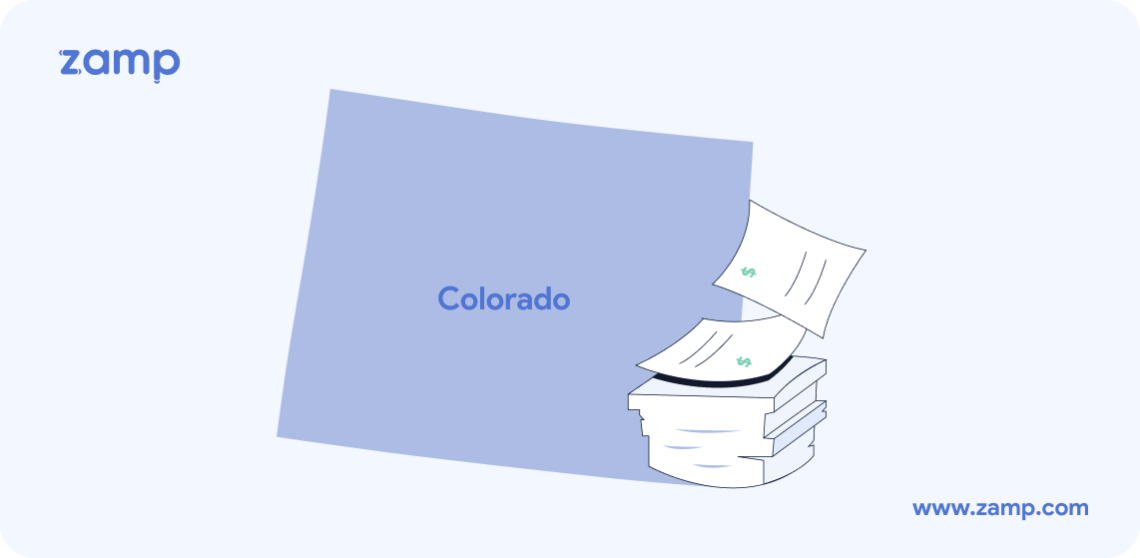
SUTS the Deal with Colorado SUTS?
For most people, the answer would be something like: The Rocky Mountains, Pikes Peak, Red Rocks or Breweries.
In the world of Sales Tax, the answer is: Complicated Sales and Use Tax Remittance.
The Origin of Colorado SUTS
As part of an effort to simplify the remittance process, the Colorado Department of Revenue created the Sales and Use Tax Simplification system (SUTS), now known as the Colorado SUTS. The intention was to create a “one-stop portal designed to facilitate the collection and remittance of sales and use tax”.
But what was so complicated about it in the first place? The short answer is that Colorado has:
- Combined Sales Tax Rates
- State-administered (collected) jurisdictions - the Colorado Department of Revenue collects that sales tax, along with any additional local taxes required by counties, cities, or special districts
- Self-administered (collected) jurisdictions - These cities and towns have elected to collect their own local sales tax. This requires registration and remittance in 70 different jurisdictions.
How Colorado SUTS Affect Out-of-State Sellers
For an out-of-state seller filing in Colorado, they could be filing and registering in all these jurisdictions, which could be hours of filing each month just for Colorado alone.
Creating SUTS gave taxpayers a standard form to file all self-administered jurisdictions. It provides a single portal to file a return. They also calculate and ensure all requirements are met.
The not so great part of SUTS was that adoption by the self-administered jurisdictions was optional. It meant that you could file MOST but not all of those filings in one spot. SUTS was an improvement but it didn’t completely eliminate the problem.
Streamlining the Colorado SUTS
Colorado SUTS weren’t done yet, though. HB24-1041 happened in an effort to further streamline the process! The wins are big for the out-of-state seller:
- The bill prohibits home rule cities, towns, and city and counties that collect their own sales and use taxes and do not use the electronic sales and use tax simplification system administered by the department of revenue (SUTS) from collecting sales and use tax from a retailer that does not have physical presence in the state unless the retailer elects to collect and remit sales and use tax or enters into a voluntary collection agreement with a home rule city, town, or city and county.
- Under current law, the Executive Director of the Department of Revenue is authorized to permit taxpayers whose monthly tax collected is less than $300 to make returns and pay taxes at quarterly intervals. The bill increases that threshold to $600 for returns that must be filed on and or after January 1, 2025, and allows the Executive Director by rule to increase the threshold amount for returns that must be filed on or after January 1, 2026.
SUTS Colorado: The Long-Term Impact
Okay, so what does all this HB mumbo jumbo mean?
It means that SUTS is now “officially” the one-stop portal for your self-administered filing needs.
Additionally, the last holds out to register for SUTS, either elect to join or remote sellers are no longer required to register and file directly in their individual portals.
This results in less registrations and filings for taxpayers that do not meet the new thresholds.
Special thanks to you, Sales and Use Tax Simplification Task Force! Now when I hear someone say Colorado, I think, “That SUTS a little less than it used to!”
Questions or comments? Our team is happy to chat. Get in touch with us here.




